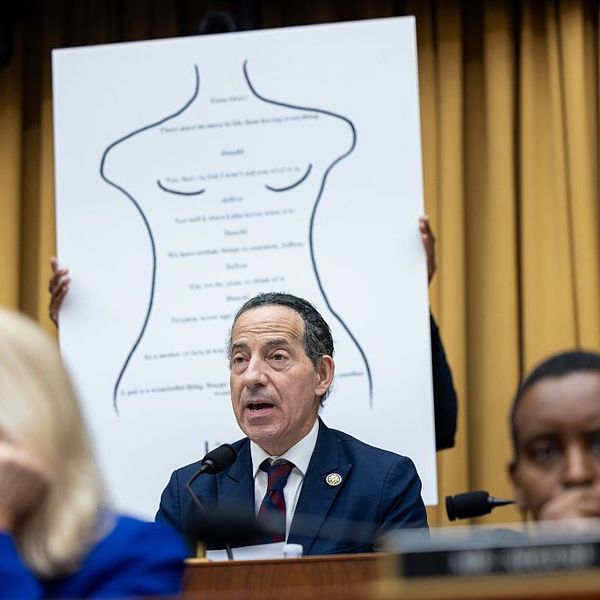The law firm at the center of the Panama Papers scandal, Mossack Fonseca, helped many of its American clients evade U.S. tax and transparency laws, according to an investigation by the New York Times published Monday.
Documents including "confidential emails, copies of passports, ledgers of bank transactions and even the various code names used to refer to clients" show that Mossack Fonseca went beyond simply creating shell companies for some of the 2,400 Americans implicated in the leak, the Times reports--instead, the firm "offered a how-to guide of sorts on skirting or evading United States tax and financial disclosure laws."
Reporters Eric Lipton and Julie Creswell write:
These included locating an individual from a "tax-convenient" jurisdiction to be the straw man owner of an offshore account, concealing the true American owner, or encouraging one client it knew was a United States resident to use his foreign passports to open accounts offshore, again to avoid scrutiny from regulators, the documents show.
If the compliance department at one foreign bank contacted by Mossack Fonseca on behalf of its clients started to ask too many questions about who owned the account, the firm simply turned to other, less inquisitive banks.
Other tricks included "selling real estate as a shift of corporate assets, instead of as a piece of property subject to transfer taxes."
The company also opened accounts for American clients with criminal records, despite claims that it refused clients whose financial activities raised "red flags."
Although no criminal charges have been filed in the scandal, tax experts consulted by the Times for the story said they were "surprised at how explicitly Mossack Fonseca had offered advice that appeared carefully crafted to help its clients evade United States tax laws."
In one case, Mossack Fonseca partner Ramses Owens responded to a request from wealthy Washington state businessman William Ponsoldt--who wanted to know how an American citizen could legally get funds offshore and invest them without the knowledge of the U.S. government--by stating, "If we create a Private Foundation and the underlying company for you, the funds become completely private (US cannot know) as soon as the funds are deposited under a bank account or investment account in the name of the underlying company or the private foundation."
"You can take the money in cash, you can do a bad investment; you can purchase something and not receive anything (an expensive piano, an expensive software)," Owens wrote. "You can receive an invoice from Panama or any other location and that would justify some of the outgoing moneys. You can also declare everything to the tax administration. [...] We can only 'suggest,' but the final decision to take the money out of the country is fully yours, and under the professional opinion of someone in USA."
The Panama Papers, published in April, exposed a hidden global network of corruption and tax secrecy shielding the wealth of some of the world's richest and most powerful people.

